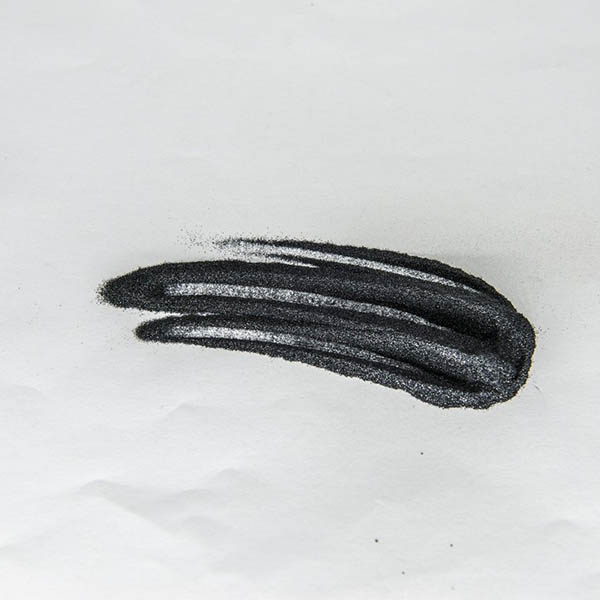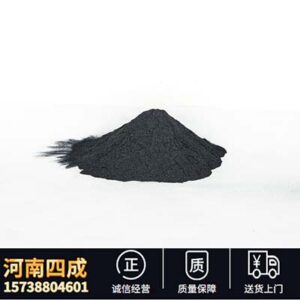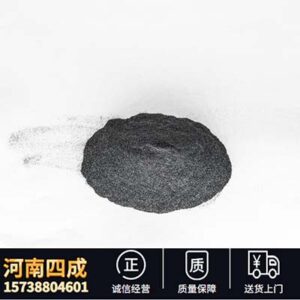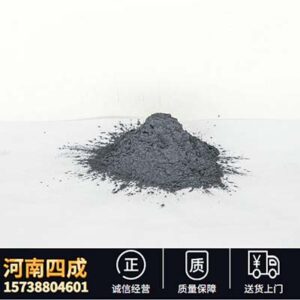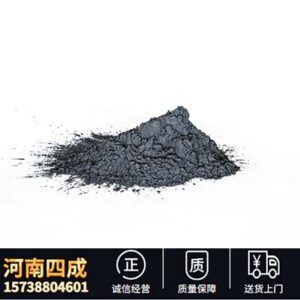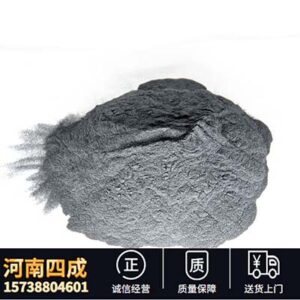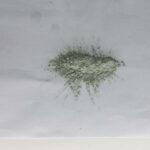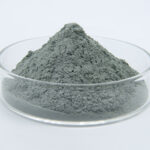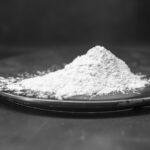Production process】
The industrial production method of silicon carbide is to use high-quality quartz sand and petroleum coke in a resistance furnace. The refined silicon carbide block is crushed, acid and alkali washed, magnetic separation and screening or water separation to make products of various particle sizes.
Silicon carbide has two commonly used basic varieties, black silicon carbide and green silicon carbide, both of which belongα-SiC。 (1) Black silicon carbide contains about 98.5% SiC, its toughness is higher than that of green silicon carbide, and most of them are used to process materials with low tensile strength, such as glass, ceramics, stone, refractories, cast iron and non-ferrous metals. (2) Green silicon carbide contains more than 99% SiC, good self-sharpening, mostly used for processing cemented carbide, titanium alloy and optical glass, but also used for honing cylinder liners and fine grinding high-speed steel tools. In addition, there is cubic silicon carbide, which is a yellow-green crystal prepared by a special process, which is used to make an abrasive suitable for super-finishing of bearings, which can make the surface roughness from Ra32~0.16 microns to Ra0.04~0.02 microns.
[Use way】
(1) As an abrasive, it can be used as an abrasive, such as grinding wheel, oil stone, grinding head, sand tile, etc.
(2) As a metallurgical deoxidizer and high temperature resistant material.
Silicon carbide has four main application fields, namely: functional ceramics, advanced refractories, abrasives and metallurgical raw materials. At present, silicon carbide coarse material has been able to supply in large quantities, which cannot be regarded as a high-tech product, and the application of nano-scale silicon carbide powder with extremely high technical content cannot form economies of scale in a short time.
(3) High-purity single crystal, which can be used to manufacture semiconductors and silicon carbide fibers.
(4) Silicon carbide has a great hardness, excellent thermal conductivity, is a kind of semiconductor, and can resist oxidation at high temperatures
